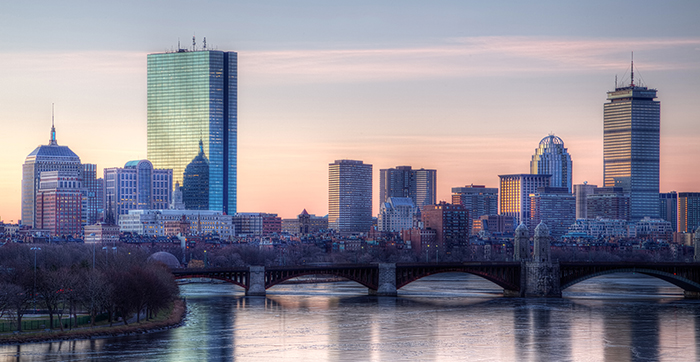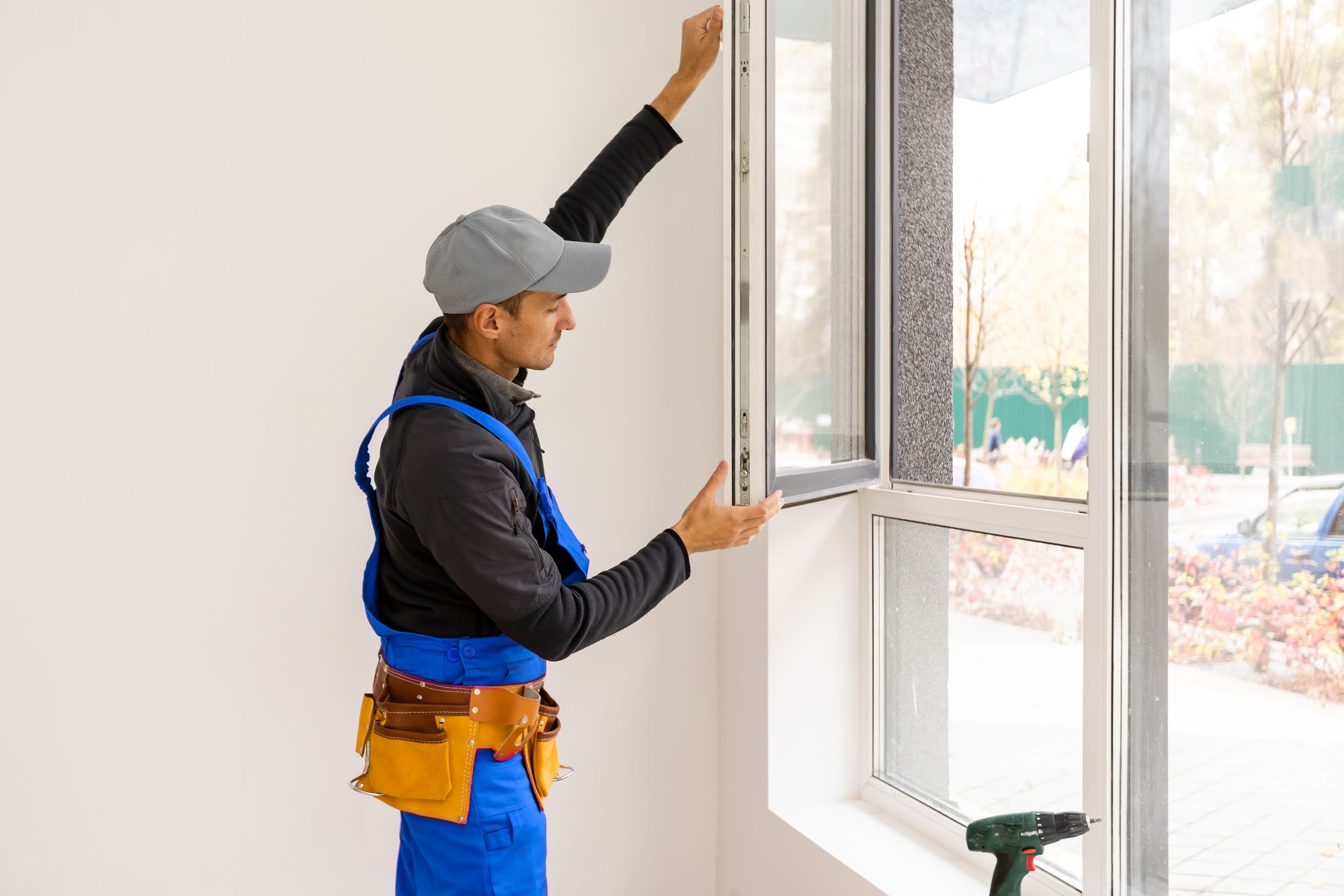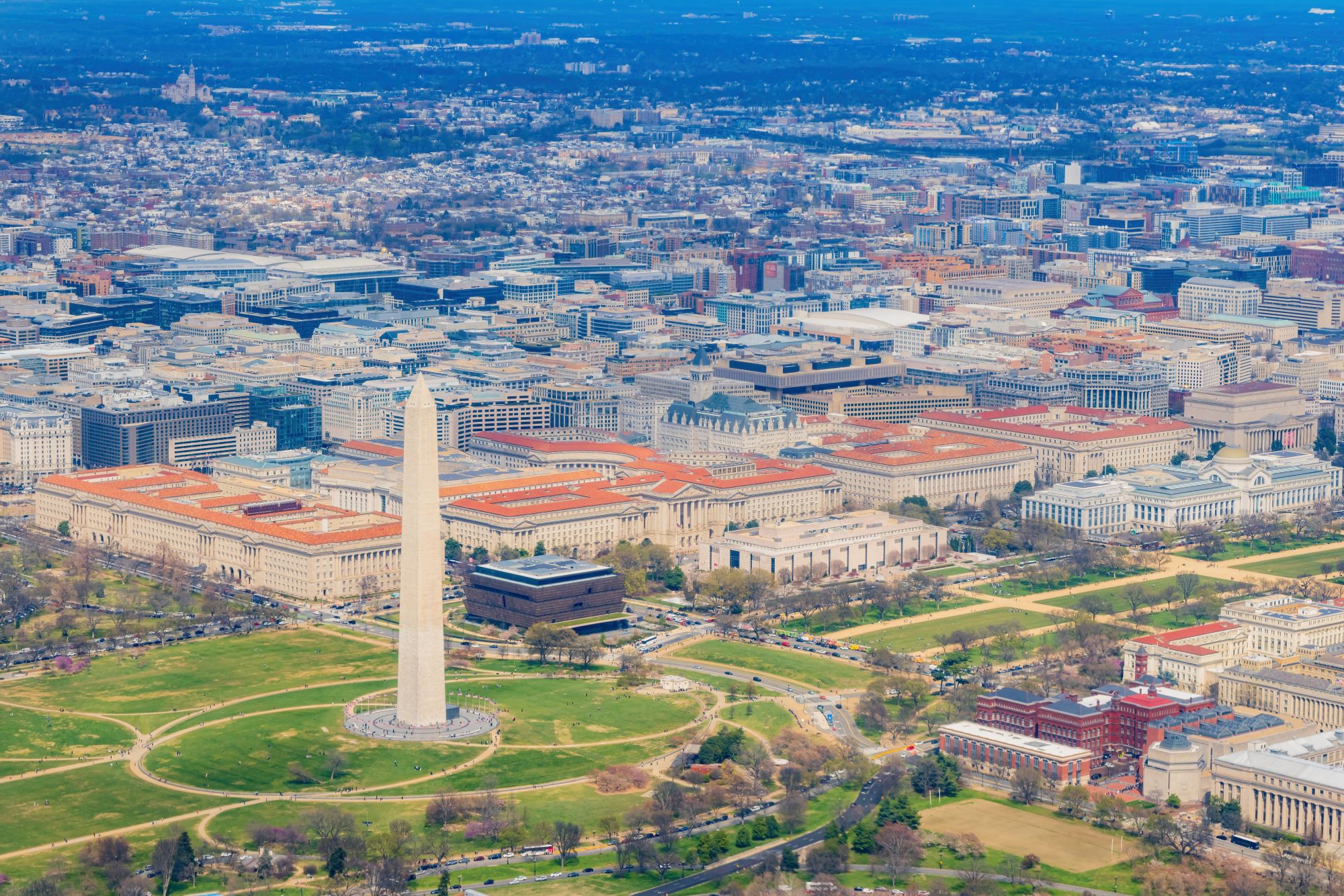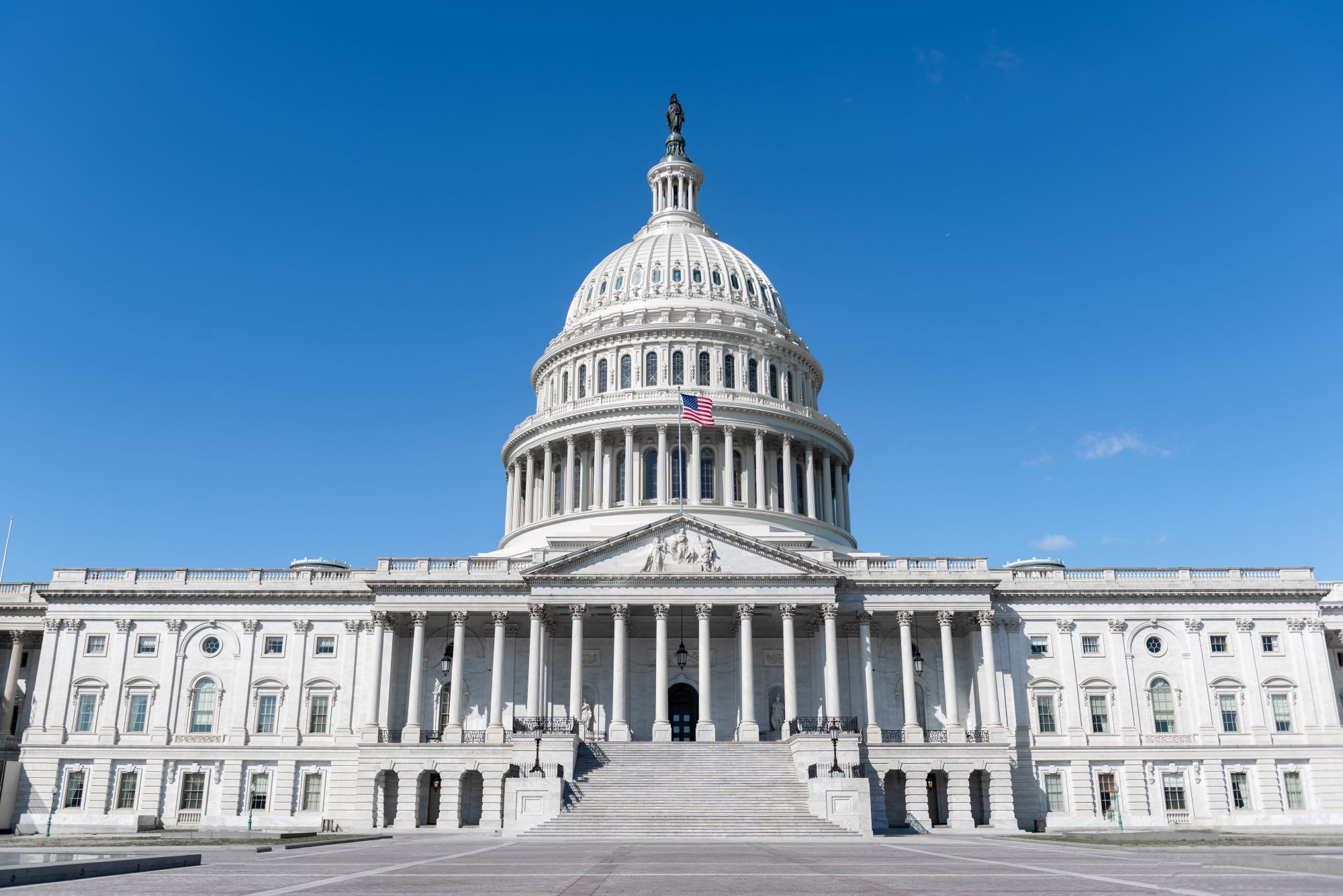4 efficiency initiatives from America’s most efficient city
Let's Save Energy
Alliance to Save Energy's Blog

We’re heading to Boston on August 10-12 for a congressional field trip to connect local leaders and experts in energy efficiency with movers and thinkers from Capitol Hill to foster discussion on driving greater energy productivity through public service, intellectual pursuits and private sector investments.
Boston’s mayor, Tom Menino, understands the value of energy efficiency. Speaking of the incredible efficiency strides his city has made, he said, “Reducing our energy use is just one smart step in improving the quality of life in Boston and around the world.”
We agree. And while the city, which has made a goal to reduce greenhouse gas emissions 25 percent by 2020 and 80 percent by 2050, has too many efficiency programs to name here, we present to you our favorite efficiency efforts being implemented in the City on a Hill, currently the top ranked energy efficiency city in the country.
1. Connecting residents to free home efficiency resources
Through the home energy efficiency program, Renew Boston, Bostonians have access to free educational resources, workshops, energy assessments and rebates, as well as incentives for efficiency improvements through programs such as the Mass Save Heat Loan.
By simply signing up to receive a free assessment, residents can access up to $2,000 or $3,000 (for duplexes or triple deckers within the Whole Building Incentive Program) for energy efficiency improvements to their building envelope with additional zero-percent financing through the HEAT Loan program for qualified efficiency projects. As a result, Renew Boston has completed well over 6,000 home weatherization upgrades and over 100 whole-building retrofits.
2. Implementing efficiency programs for low-income families
Low income families, whose utility bills typically make up a large percentage of their income, stand to gain significantly from efficiency measures. Recognizing this, the city, private sector stakeholders and members of low-income communities have worked together to complete more than 5,500 audits and nearly 11,000 weatherization upgrades or heating system upgrades in low-income communities through the Action for Boston Community Development (ABCD) program.
This progress has resulted in part from the nation’s largest Energy Saving Performance Contract (ESPC) in the country for public housing: Boston Housing Authority’s $63 million ESPC with Ameresco to install integrated water and energy conservations methods. The contract impacted 13 public housing developments and over 4,300 housing units – saving the agency $4.8 million in annual energy and water costs and $100 million over the 20-year contract term.
3. Fostering student efficiency programs
In a state packed with universities, it is no surprise that academic institutions have established themselves as nationwide leaders in energy efficiency. Clark University, as part of its “Sustainable Clark” program, aims to become net neutral by 2030 – and achieved in 2015 a 20 percent reduction since 2005.
Boston University provides another great example, with campus leaders focusing on lighting improvements, reducing energy use intensity by replacing over 26,000 fixtures with LEDs since 2011. The result? 9.4 million kWh of annual energy savings.
4. Building strong utility programs
Massachusetts is home to a plethora of utility programs, such as National Grid’s Pay for Performance program, which differentiates itself from other rebates and efficiency services by offering energy studies to customers and identifying potential energy efficiency measures which must total at least 15 percent of the building’s energy usage. After National Grid conducts the study, customers receive incentive payments based on the energy they work to save.
From 2010 to 2014, jobs in the clean energy sector in Massachusetts grew by 47 percent, or the equivalent of approximately 28,000 jobs. This was in large part due to the high-quality utility programs available to Massachusetts residents for optimizing energy use and improving the efficiency of their homes and appliances.
STAY EMPOWERED
Help the Alliance advocate for policies to use energy more efficiently – supporting job creation, reduced emissions, and lower costs. Contact your member of Congress.
Energy efficiency is smart, nonpartisan, and practical. So are we. Our strength comes from an unparalleled group of Alliance Associates working collaboratively under the Alliance umbrella to pave the way for energy efficiency gains.
The power of efficiency is in your hands. Supporting the Alliance means supporting a vision for using energy more productively to achieve economic growth, a cleaner environment, and greater energy security, affordability, and reliability.



